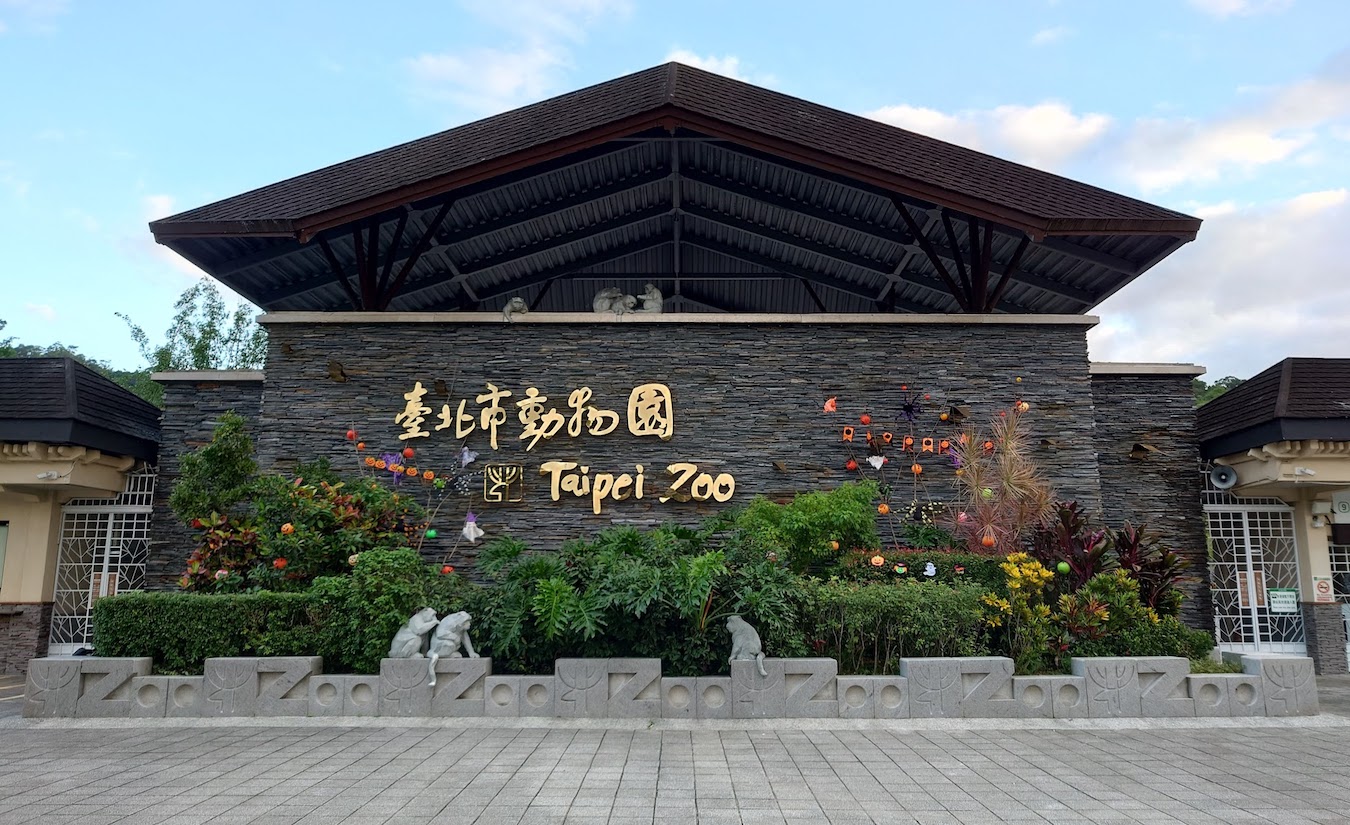by Brian Hioe
語言:
English
Photo Credit: Foxy Who/WikiCommons/CC BY-SA 3.0
ZOOKEEPERS HAVE CALLED for higher pay, with zookeepers at the Taipei Zoo criticizing stagnant wages for the last thirty years. Currently, zookeepers are usually paid between 31,000 NT and 38,000 NT.
To this extent, zookeepers called for hazard pay for the risks they face in the workplace. Zookeepers, after all, may face risks from the animals that they tend to. Even when potentially attacked by animals, zookeepers are sometimes unable to defend themselves due to the possibility of hurting the animals they tend to.
Zookeepers at the Taipei Zoo have also pointed out dangers that do not come from the animals they tend to, but how the Taipei Zoo is located in a mountainous area. As such, some dangers come from animals indigenous to the area, such as poisonous snakes and the like.
Zookeepers have pointed to how their work is specialized in nature, in needing to understand animals and tend to them, rather than simply shoveling manure. To this extent, the work that zookeepers need to carry out has become increasingly sophisticated in past decades, as understanding of animal behavior has increased. Likewise, zookeepers have cited the difficulty of raising families on such low salaries.
Zookeepers held a demonstration in May through the Taipei Zoo Enterprise Union. Since then, negotiations with the Executive Yuan have taken place. The Executive Yuan has agreed to raise the salaries of zookeepers to a maximum salary of 40,000 NT, while providing hazard pay of 3,000 NT to 5,000 NT depending on what animals that zookeepers take care of.
The victory of unionized zookeepers at the Taipei Zoo will lead to improved labor conditions for zookeepers in other publicly-run zoos in Taiwan, such as the Hsinchu Zoo, Kaohsiung City Shou Shan Zoo, and Fenghuanggu Bird and Ecological Park in Nantou. It is to be seen whether there will be a similar push for better working conditions at privately-run zoos in Taiwan.
 The entrance to the Taipei Zoo. Photo credit: Cheng-en Cheng/WikiCommons/CC BY-SA 2.0
The entrance to the Taipei Zoo. Photo credit: Cheng-en Cheng/WikiCommons/CC BY-SA 2.0
In particular, given its location in Taiwan’s capital of Taipei, the Taipei Zoo is the most prominent zoo in Taiwan, and so it would not be surprising if the victory of zookeepers there leads to further discussion of the working conditions of zookeepers. Moreover, the victory of zookeepers at the Taipei Zoo proves to be an instance of a public union, at a time that there has been discussion of whether to allow other public sector workers such as firefighters, police, and public servants to unionize.
In a similar timeframe, the Taipei Zoo will increase the price of admission from 60 NT to 100 NT for non-Taipei residents and discount tickets from 30 NT to 50 NT, while admission will remain unchanged. The public is largely in support of this rise in prices. It may be that the zoo management will pay for the increase in salaries for zoo workers using the increase in the price of admission.
At the same time, labor contention at the Taipei Zoo takes place at a time when questions have been raised about the conditions facing animals at zoos in Taiwan. The shooting death of a baboon that escaped from the Leofoo Village Zoo in Hsinchu previously led to criticisms of the zoo administration.
An Indigenous hunter called on by the zoo was ordered to shoot upon the animal, killing it, but after the incident, the zoo tried to pin the blame on the hunter. This week, a specialist from the Taoyuan Department of Agriculture was indicted for ordering the shooting, with the hunter not charged. Leofoo Village initially denied that the baboon had escaped from the zoo, before admitting that this had taken place. The Leofoo Village Zoo had a series of animal deaths in past years, specifically of giraffes, which led to questions about its treatment of animals.
Either way, even if questions should be raised about how zoos in Taiwan take care of animals, as well as basic questions of whether animals should be kept in zoos, to begin with, better working conditions for zookeepers can perhaps result in better treatment for animals in allowing for more attentive care to them, if zookeepers themselves have better working conditions.

